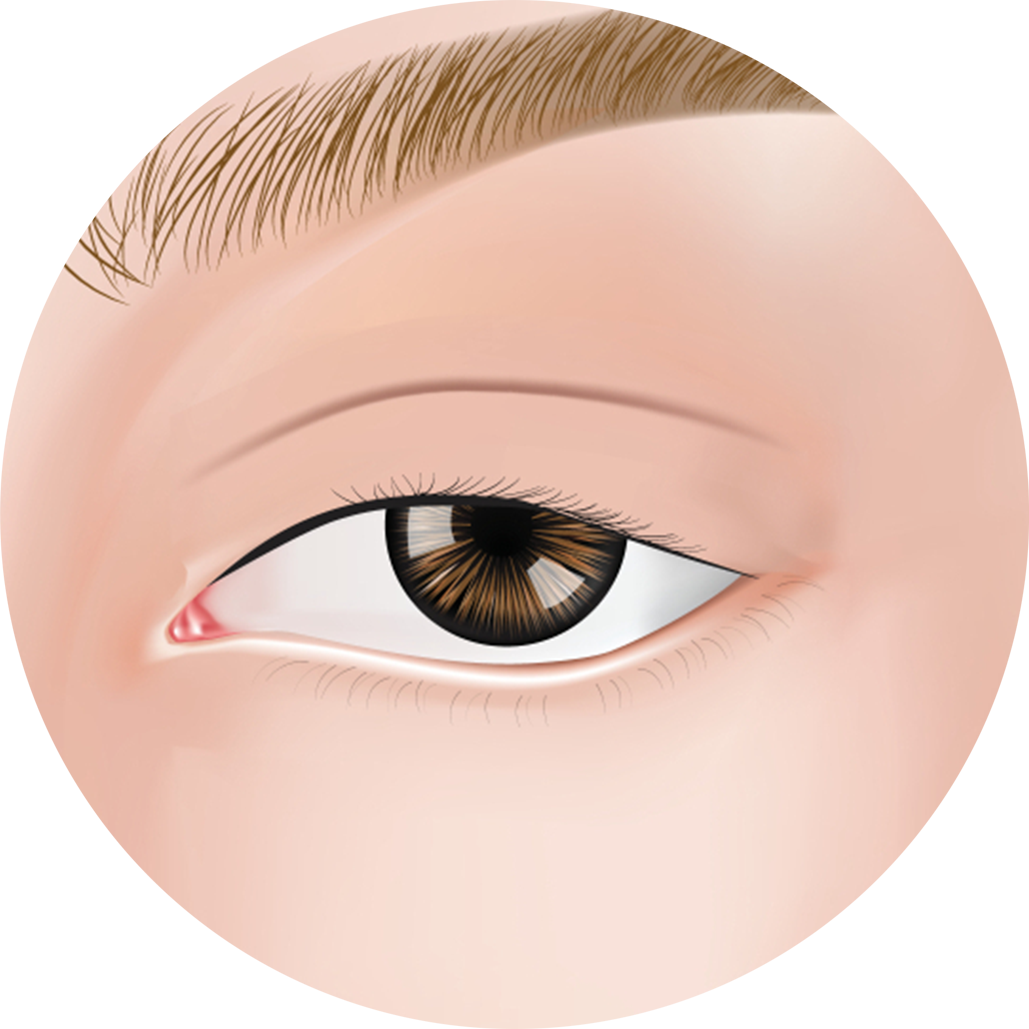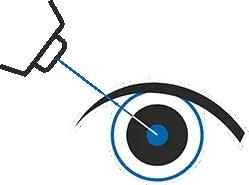What is Oculoplasty?
Oculoplasty, also known as oculoplastic surgery is a specialized branch of ophthalmology that focuses on the disease diagnosis, affecting the structures around the eyes, including the eyelids, tear ducts, orbit (eye socket), and the surrounding facial tissues. The term "oculoplasty" is derived from the combination of "oculo" (related to the eye) and "plasty" (surgery or reconstruction).
Request an Appointment

















